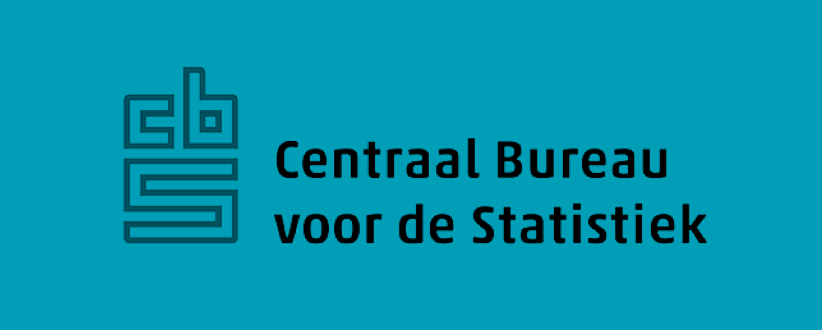Lifelines' mental health and wellbeing data provides many opportunities for good research
-
Data collection of 167.000 participants
-
Including 3 generations
-
Followed for 30 years
-
Diverse expert fields
-
Recalling of participants

"Based on the MINI International Neuropsychiatric Interview, depression is more prevalent in Lifelines participants with diagnosed and undiagnosed diabetes, whereas anxiety is more prevalent only in participants who are aware of their diabetes."

”This unique dataset makes it possible to study in detail the relations and causality of the COVID-19 risk factors and the physical and mental consequences of a pandamic."

The Lifelines COVID-19 cohort data are a unique dataset that enables to study the longitudinal association of the consequences of the pandemic on mental health. We focus on two groups of workers: those working from home and (informal) health care workers.









